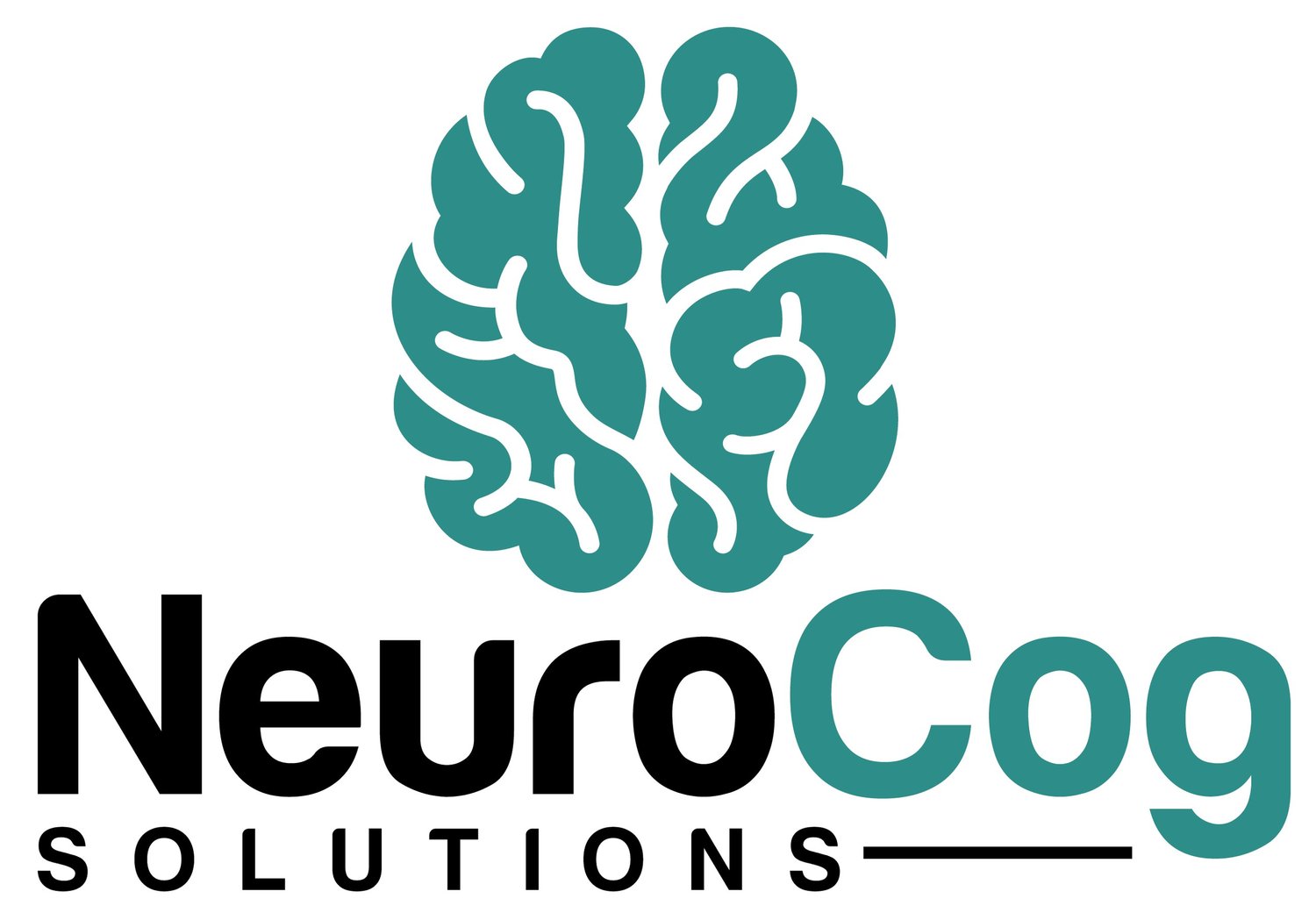
Best Tomorrow Blog

The Role of Cognitive Speech Therapy after COVID-19
Did you know that speech-language pathologists can help with long COVID symptoms?
Many COVID-19 survivors report ongoing difficulties with memory, concentration, and even speech and language long after their initial diagnosis. These patients are often dealing with what are referred to as “long-hauler” symptoms.
These long-haul symptoms can negatively impact a person’s ability to complete routine daily tasks, both at home and at work leading to reduced quality of life. In fact, some people struggle with returning to work.
Frequent long COVID symptoms include slower thinking, word finding problems, short-term memory loss, and a feeling of overall brain fog.
Cognitive Speech therapy can help patients improve skills including memory, attention, communication and problem-solving. Sessions can focus on ways to improve daily challenges and get you back on track.
Please reach out if you or a loved one wants to learn more about our post COVID-19 cognitive speech services. Treatment is individualized to meet your needs and improve daily life.

What is Primary Progressive Aphasia?
What is Primary Progressive Aphasia?
Primary progressive aphasia (PPA) is a rare neurological condition that affects a person’s ability to communicate. People who have PPA can have difficulty expressing themselves using speech and understanding the speech of others. Symptoms of PPA typically start before age 65 and begin gradually; they worsen over time. People diagnosed with PPA can ultimately lose the ability to speak, write, and understand written or spoken language.
There are three different types of primary progressive aphasia, each with their own symptoms:
Semantic Variant Primary Progressive Aphasia - symptoms include trouble understanding the meaning of words, trouble understanding spoken or written language, and trouble naming objects.
Logopenic Variant Primary Progressive Aphasia - symptoms include trouble repeating phrases or sentences, taking frequent pauses while speaking to search for words, substituting words when speaking.
Nonfluent-Agrammatic Variant Primary Progressive Aphasia - symptoms include trouble understanding complex sentences, use of incorrect grammar when writing or speaking.
PPA is caused when the parts of the brain (lobes) that are responsible for speech and language shrink or atrophy. Specifically, the frontal, temporal or parietal lobes of the brain are affected.
If you or someone you know has trouble communicating, or has been diagnosed with PPA, reach out to us to see how our speech therapy services may be able to help. Assessment can track changes in skills and inform both treatment and available supports.

What is Aphasia?
What is Aphasia?
Aphasia is an acquired communication disorder (meaning it occurs after birth) and usually results from an injury to the brain. Many different brain conditions can cause aphasia including stroke, traumatic brain injury, or tumor. Certain forms of dementia may also cause aphasia. One form of dementia, Primary Progressive Aphasia (PPA), is caused by continued deterioration of brain tissue. PPA will be discussed in a later post.
Aphasia can affect how someone produces language and/or understands language. When someone has trouble saying words, it is a type of expressive aphasia. Expressive aphasia is usually related to damage in the left frontal lobe of the brain. When someone has trouble understanding language, it is a type of receptive aphasia. Aphasia can be mild, moderate, or severe in nature. People with aphasia usually describe their experience as “knowing what I want to say, but not being able to get the word(s) out.”
In many cases, aphasia does not impact a person’s cognitive abilities or intelligence. They are still able to form thoughts and ideas, but now have difficulty communicating those thoughts and ideas to others. If the cause of aphasia was due to stroke or injury, speech therapy can help improve speech and develop strategies to manage the symptoms. The condition may improve, and then remain stable. Unfortunately, individuals with Primary Progressive Aphasia will notice a worsening of symptoms over time. Assessment can track changes and inform both treatment and supports.
If you or someone you know has trouble communicating, reach out to us to see how our speech therapy services may be able to help.
